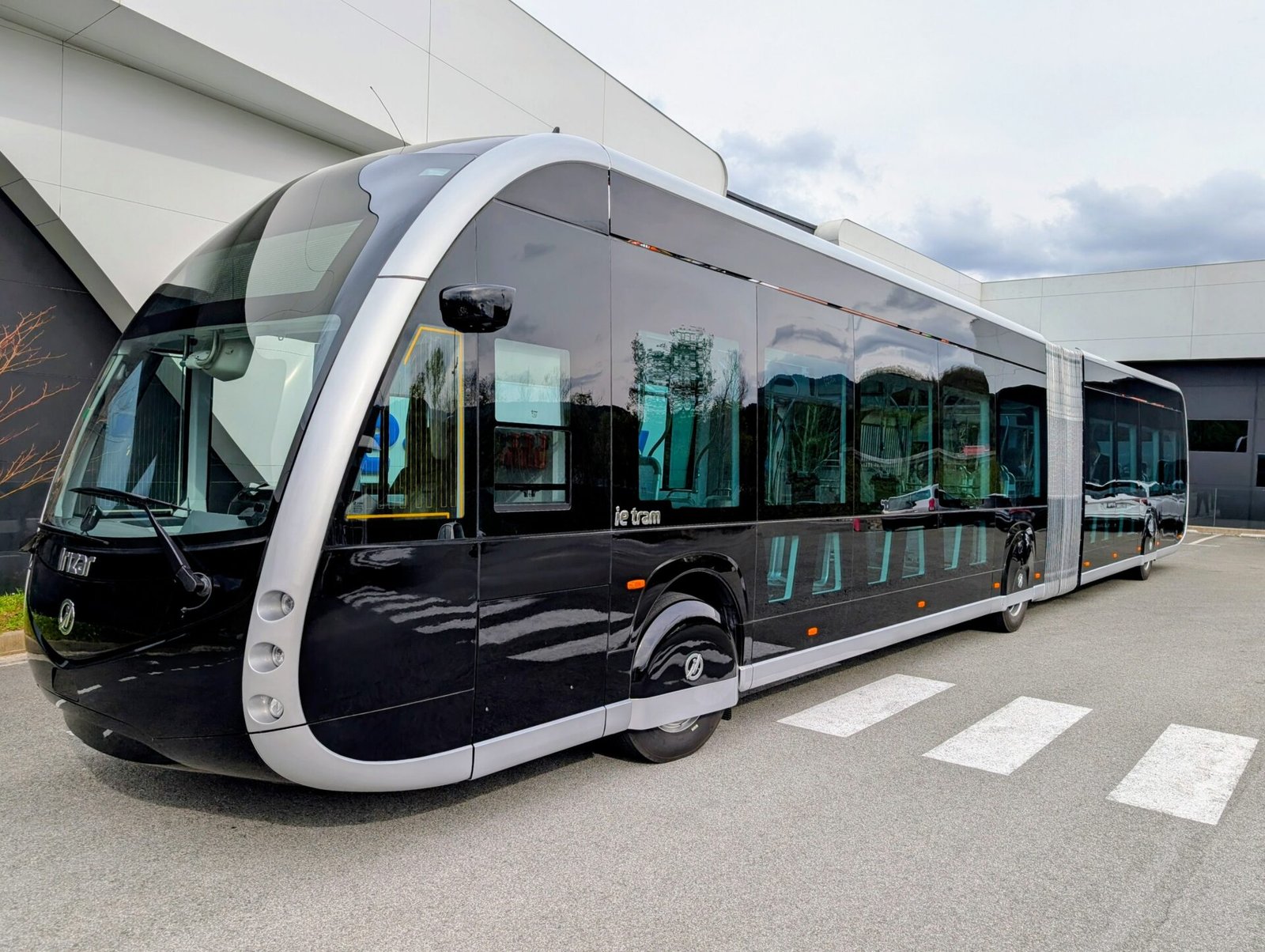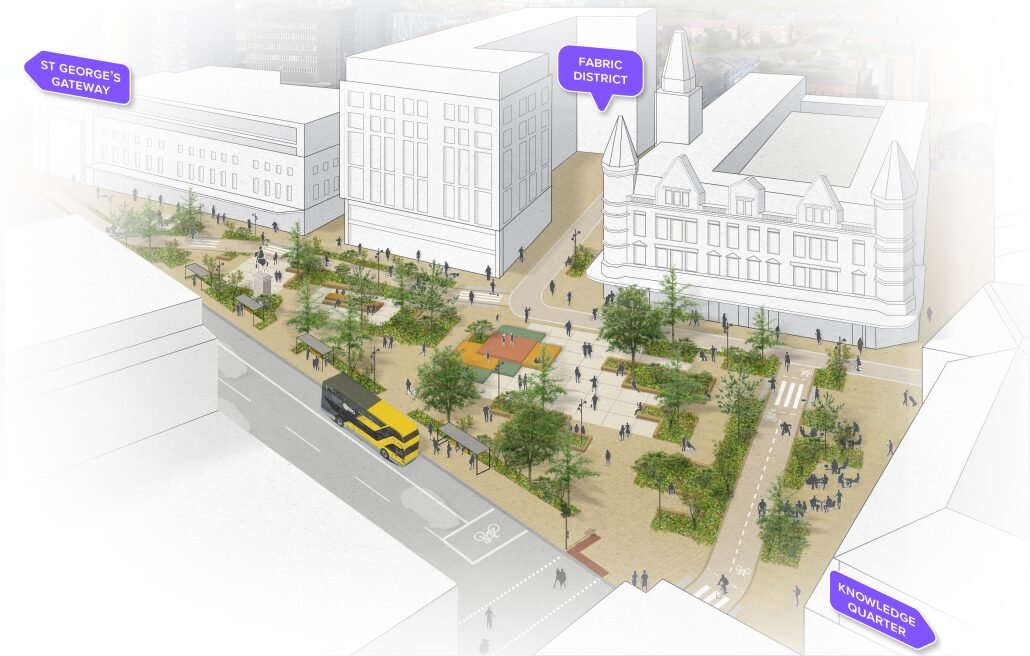With the hospitality and retail sector battling to adhere to the many new Health & Safety guidelines to limit the spread of Coronavirus, Foursquare Group have put in place a detailed guide to key things that may be missed by independents.
The group revealed the dangers of not reassessing the measures to ensure venues consistently compliant. Whilst many have got to grips with the mammoth requirements and new government guidelines, it’s still a minefield for most.
The Health & Safety specialists have launched a UK first ‘Pay What You Can’ Covid-Safe scheme which allows independent restaurants, bars, events spaces and retail to ensure that they meet the guidelines, whilst eliminating the stress for small businesses who don’t have a dedicated Health & Safety team – all in all making it easier to reopen, trade and bounce-back post lockdown.
Going one step further, Foursquare Group has made the scheme ‘Pay What You Can’ ensuring the support is accessible to all independent businesses; big or small.
A Covid-Safe register of businesses on the scheme includes the likes of Bold Street Coffee, Duke Street Food and Drink Market, Maray, Bacaro, Lu Ban, Baltic Market, Leaf, The Art School, Oh Me Oh My and Vietnom to name a few. Foursquare Group is committed to providing a much-needed service that simplifies Health & Safety for smaller businesses and helps to make their compliance more manageable and cost-effective.
Here, founder Liam Jones, outlines the key areas that can be missed when dealing with the intricacies of Health & Safety amidst the Coronavirus pandemic and the mistakes that Indies need to be really careful of:
Risk Assessments
The Covid-19 risk assessment is the main exercise in determining how Coronavirus affects each business and how to control it. If it’s too generic or not detailed enough, then it won’t help in reducing the risk as much as possible and it won’t be deemed suitable and sufficient by the authorities.
By using the Covid-Safe scheme, you’ll have your risk assessment audited by Foursquare Group, so you’ll have peace of mind that your documentation and practices are robust enough.
Customer Confidence
Most hospitality and retail venues have reopened their doors and are waiting for guests to flock in – but the trade isn’t being spread equally amongst everybody? Customers are looking for businesses who make them feel safe again, so businesses should focus on letting their customers know that health and safety is their top priority.
Think about the customer journey. From the initial phone call/booking right through to when the customer walks out of the door – any single action that eliminates, reduces or limits exposure to people, objects and surfaces is a control measure which should be considered, implemented and communicated with customers clearly.
Venues who complete the Foursquare Group Pay Covid-Safe scheme will achieve a certificate which is displayed on the window front and online. This evidences the venue’s health and safety commitment to their customer.
Staff Training
Training is essential so that staff are prepared to manage the control measures day-to-day. Without proper training, even the best plan of action will likely fall down.
Covid training needs to be both generic (to provide a broad understanding of the virus) and specific (to understand how each venue plans to manage the virus).
Documentation
Keeping detailed records throughout this whole process is key, particularly the actions taken to control the virus. Not only will this help to promote health and safety culture within each venue but it will also protect the business later should an outbreak occur.
Examples of documentation include:
- Return to work health declaration
- Daily health declaration
- Daily temperature scanning records
- Copy of suppliers/contractor’s risk assessments and/or method statements (RAMS)
- Daily cleaning schedules
- Record of high frequency cleaning
- Toilet checks record
- Training records
- Written method statements or safe operating procedures
Being specific for each venue
Best practice on managing this virus is evolving all the time. There’s already a long list of possible control measures which every venue could take, but it’s important to choose the correct ones for each venue – which ones will prove most effective and in what way?
Because every venue is unique in its operation and layout, the strategy for managing the virus needs to be unique in each venue as well. This means that if a business has more than one venue, the risk assessment process needs to be considered in full at each location. ‘Copying and pasting’ documentation and plans from one venue to another won’t work, the virus is too difficult to control, and the risks are too high.
Maintaining all the hard work
Everything is in place and the business is open and trading… Now what? Standards can’t afford to slip, and so reviewing the strategy regularly is key.
As part of the Covid-Safe scheme Foursquare Group recommends reviewing the strategy every 8 weeks. During that time, it’s highly likely that the plan will have changed so it’s important to update the paperwork to suit.
It’s important to consistently benchmark each venue against industry best practices and ensure that businesses are doing the most effective things to protect their customers and staff.
Liam added a final piece of advice for independents: “Whilst all of this information can seem quite overwhelming at first, we want to reassure business owners that adhering to the new measures is possible and you can bounce back from the Coronavirus pandemic to come out the other side of this devastating time for businesses.
“If you’re feeling particularly stressed at the prospect of introducing all of these measures in your business, please get in touch with us at Foursquare Group and we’ll be happy to guide you through the new guidelines that are forever updating and changing. Our Pay What You Can package is available to all and it’s exactly that – you pay exactly what is affordable to you.”









